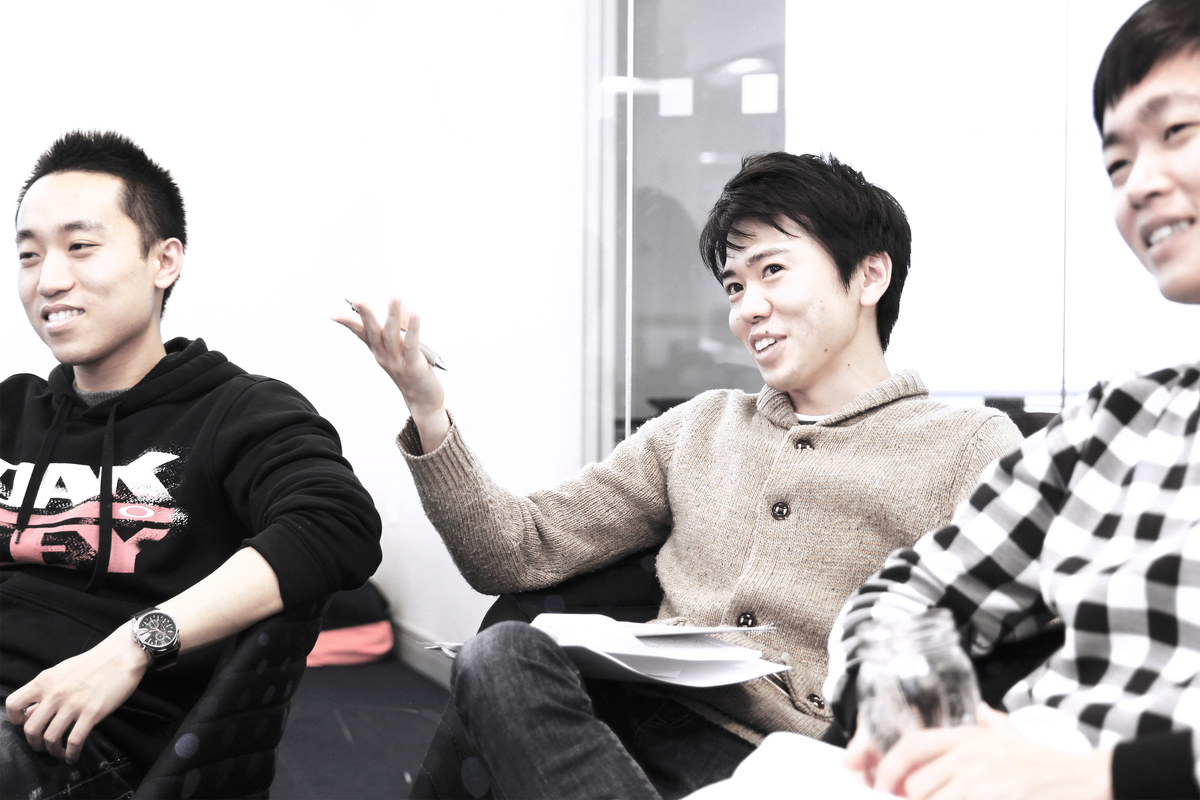Prepare for the Cambridge C1 Advanced (CAE) exam
Prepare for the Cambridge C1 Advanced (CAE) exam
Octorial™
Key points
Students train to gain experience and acquire the skills necessary to achieve a passing grade in their C1 Advanced (CAE) exam.
Teachers coach students to achieve to the maximum of their potential, and set milestones and goals for each student, with constant evaluation. This sets the pace for each learner to surpass their academic expectations.
Students sit rehearsal tests under exam conditions. These are repeated as required to build confidence and familiarity with the exam.
Small class sizes allow for close tutor attention, which provides students with confidence and familiarity in the exam format.
All students who successfully complete this course are eligible for a course certificate.
Homework tasks are set daily to allow learners to reflect on and consolidate what they have learned in the day, as well as prepare for the next day.
Objectives of the stay
To familiarise the student with all parts of the exam, and to provide them with the confidence, skills, and strategies required to achieve an A grade in the C1 Advanced (CAE) exam.
Cambridge C1 Advanced (CAE) preparation
The Octorial programme - 25 hours per week.
Morning lessons are devoted to developing the skills and linguistic abilities that are required to not only achieve success in the C1 Advanced (CAE) Exam, but that will also enable the student to operate in English with ease across cultural and linguistic borders. These lessons and workshops allow students to develop linguistic flair, as well as key 21st century skills such as critical thinking, creativity, resilience, and leadership.
The exam coaching lessons focus on how to apply these skills to exam tasks in order to achieve a high grade. Students are equipped with strategies that allow them to display their skills to the very best of their ability in all the papers of the C1 Advanced (CAE).
Learners are coached in the content of the exam, and strategies for understanding and navigating the test questions are explored and practised.
-
Course content
Flexibility for Use of English
Students develop flexibility in their use of the English language by building their lexical and grammatical range. There is a strong focus on accuracy. The skills that are honed in this module are the foundation stones for the modules which follow it, as they equip the student with the language needed to express themselves clearly, accurately, eloquently, and with linguistic flair.
Confidence for the spoken paper
Students build the skills required for face-to-face interactions, with a focus on successful communication and articulation of concepts, effective discourse management, clear and effective pronunciation, and flexible and accurate use of structures and vocabulary. Developing the use of compensation strategies also allows students to maintain their confidence and communicative competence when faced with linguistic obstacles.
Strategies for effective reading
In this module, students are exposed to, and familiarised with, a variety of text types. Skills developed include: speed reading, understanding text structure, critical analysis, and determining an author’s position. The range of texts used includes newspaper articles, fiction, magazine articles, and non-fiction prose.
Listening skills
Preparation for the listening paper helps students build the skills to be able to follow and understand a range of spoken materials. These include radio broadcasts, interviews, presentations and talks, as well as everyday interactions. Materials such as TED talks and BBC broadcasts are used to develop the required skills, including: working out the meaning of unknown words, following the structure of speech, and summarising a talk.
Written eloquence
Students practise writing different text types, including essays, reports, articles and letters. They are trained to understand the differences between these types of writing, and to use their linguistic skills to reach their communicative objective in any style. There is a focus on how to structure a text clearly and logically, as well as planning, time-management, precision and clarity.
Tutors set assignments for homework, and mock tests, taken under exam conditions, allow both tutor and student to monitor progress, as well as highlighting areas and tasks which may require a highly targeted focus or more intensive work.

Expected outcomes
By the end of this course, the student is expected to be able to
- Manage discourse effectively in face-to-face interactions
- Articulate ideas and concepts clearly in both spoken and written English
- Demonstrate flexibility in their use of language
- Follow and comprehend a variety of written and spoken text types
- Structure a piece of long form writing in a number of styles
- Speak confidently with others in both one-to-one and two-to-one situations
Accommodation
Staying in a homestay gives participants the chance to be fully immersed into the local culture of the destination, whilst also being able to practise the language in a relaxed and natural setting. Many homestays have been welcoming our students into their homes for many years, offering their hospitality and expanding our students cultural horizons. Homestay arrivals are on the Sunday before the course begins, and departures are on the Saturday after the course ends.
Should students wish not to stay in homestays and find alternative accommodation, the school is happy to offer recommendations on request.

The experience of living in Edinburgh
Edinburgh is the breathtakingly beautiful capital of Scotland and an exciting place to visit at any time of the year. The city offers a vibrant cultural life with historic buildings and sites of historical interest steeped in Scottish culture and tradition, galleries and museums, and a vast selection of shops, restaurants and cafes.
A city of culture, Edinburgh is home to the three National Galleries of Scotland, contemporary and modern art centres, performance spaces for music, dance and theatre as well as hosting several festivals throughout the year.
Edinburgh is also a perfect base to explore Scotland's highlands and islands, with their rugged coastlines, mountains, lochs and glens.
This course is operated by Basil Paterson Edinburgh School of English which is owned by OISE’s daughter company Instill Education Ltd and accredited by the British Council for the teaching of English, and is a member of English UK.
Cultural programme
Students can explore the city and its long history with visits to the numerous museums and galleries, as well as visiting local pubs to take in the living traditions of folk music and storytelling. Weekend and day trips to areas such as the Highlands and the Borders provide an opportunity to learn more about the history and culture of the country. The cultural programme offered at the college also includes talks and lectures at Edinburgh’s universities, walking tours, and theatre trips.

.

.

.
Price Includes
The price includes 25 hours of tuition per week, half-board accommodation in a homestay and a certificate of achievement.
(Note: course fees do not include examination fees which will vary depending on the chosen exam and examination centre.)
Operational Entity
This course is operated by Basil Paterson Edinburgh School of English which is owned by OISE’s daughter company Instill Education Ltd and accredited by the British Council for the teaching of English, and is a member of English UK.

